We kindly inform you that, as long as the subject affiliation of our 300.000+ articles is in progress, you might get unsufficient or no results on your third level or second level search. In this case, please broaden your search criteria.
For Aristotle, the notion of practical knowledge (phronesis) meant a peculiar form or way of revealing the truth, consisting in the clarifying of a specific human situation in view of practical coping with it. He did not exaggerate the role or significance of such knowledge, since he did not believe that any human efforts or actions could be really based on any kind of knowledge. Nevertheless, practical knowledge was, in principle, opposed by Aristotle to all other kinds of knowledge, as he firmly believed that there could be no real human world without practical knowledge, that this knowledge is a necessary subsidiary means of the man's self-realization in all his essential human possibilities. The author here reasonably points to an extraordinary modernity and universal significance of Aristotle's concept of practical philosophy, but he also resolutely reminds us of the dependence of some of his starting premises and proposed solutions on the conditions of his time, as well as of their limitations.
More...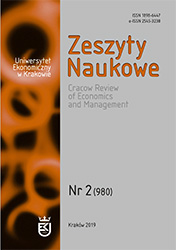
The phenomenon of greed can be investigated from a number of perspectives. Depending on the context, it can manifest itself in almost every aspect of social, economic and cultural life. In an age of exceptional civilisational changes, it is hard to define greed and articulate its defining features. Attempts to redefine greed in economic science are to some extent to blame. Greed is an important factor in boosting economies. In the social sciences, it can be cast as as a natural sign of consumerism.The aim of the paper is to present greed in two contexts: of human subjectivity and various “cracks” caused by greed. Spiritual, volitional, emotional and intellectual layers are destabilised by greed, which is initiated by the subject, thus weeding out the important role of internal self-development (especially in the moral sense). Through the analyses of Erich Fromm, Tomáš Sedláček, Michael Sandel and Benjamin Barber, greed is presented from an economic-ethical-anthropological perspective, and ultimately as leading to the imprisonment of the individual. The analyses also reveal a perspective on interpersonal relations eliminating the possibility of acting collectively on the basis of justice, fair exchange and solidarity.
More...
In the article I examine one of the nowadays common prejudices - a supposition that "our time" is somehow exceptional: either that it is entirely "new time" in which some of the old standards of moral evaluation are out of place, or that our time is the worst of all times. Scrutiny of the terms "time” and "our time" leads to a concept of identity, which gives a determinate meaning to the term "our". Then, I consider a special sort of mistake that is detected as the source o f all these prejudices, - a mistake which is called "progressistic fallacy".
More...
Radna organizacija i radna sredina su nesumnjivo žarišta stvaranja morala budućnosti, iako i u njoj dotrajavaju svoj vek ostaci birokratskih i tehnokratskih struktura i patrijarhalnih modela ponašanja. Spoljni uticaji često se izražavaju u nizu konfliktnih situacija, osciliranja između starog i novog, između prošlosti i budućnosti. Koji su to sve uticaji i čime su obeleženi ovi sukobi?
More...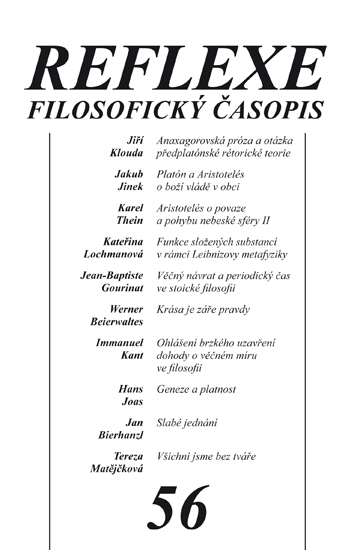


The author makes an attempt of defining the concept of moral typology and to point out certain basic and general traits of this concept showing the differences between burgois theoreticians and dialectical materialism in this field. The author discusses certain factors that contribute to disappearing of traditional typologies, typology of contemporary industrial society and specificities introduced by socialism and socialist social conditions.
More...
Kad je neka naučna disciplina na samom početku svog razvitka, po pravilu nedostaju i dela koja daju opšti, sistematski pregled glavnih problema, metoda i teorija. To je razumljivo: u toj fazi nije još sasvim jasno ni šta je predmet te nauke — kako ga je najpogodnije definisati i kako ga valja razgraničiti spram predmeta srodnih disciplina. Delom zbog toga, a delom i zato što su istraživnja tek na početku, nema ni razvijene i proverene metodologije.
More...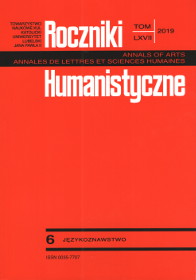
Speech Ethics is an interdisciplinary research discipline. It is founded on the personalistic concept of a human being, which implies the obligation to respect the communication partner. Sociology provides ethics with data on attitudes towards values, motivations for behaviour and changes in morality. The research methodology in Speech Ethics is derived from the broadly understood linguistics and rhetoric. The pragmatic aim of Speech Ethics is to shape communication patterns that lead to mutual understanding.
More...
The article has a theoretical and research character. It contains proposals for research on the basic issues of language communication ethics. The need to develop the ethics of linguistic communication is justified by two phenomena: the spread of hate speech, the crisis of values in the public debate. The study is a voice in the discussion on how to study the ethics of linguistic communication. The presented reflections are inspired by the work of such ethicists as Henryk Elzenberg, Stanisław Kamiński, Andrzej Grzegorczyk and Józef Jaroń.
More...
The paper discusses the ethical concept of the literary communication seen from the linguistic point of view. It attempts to identify assumptions that are necessary to validate the ethical assessment of the literary communication and that constitute theoretical fundamentals of this concept.Some ethical rules for an author, a recipient and other persons involved in the literary communication have been also proposed in the article.
More...
The aim of the article is to present linguistic mechanisms of manipulating the child symbolism in one of the most nefarious fake information techniques – i.e. spin. The threat comes from the fact that deliberate misinformation known as spin focuses not on the means of communication but on the relationship between the speaker and the listener. In recent years we have been observing an increasing media misinformation game unethically abusing the images of children as a tool of political struggle, especially before elections. The subject of analysis in this work is specifically child symbolism used by public persons as a prop for showing competence. The child has become the perfect vector for transmitting ideological messages embodying such values as: life, love, and freedom, as well as qualities such as: satisfying family life, self-sacrifice, altruism.
More...
This article attempts to describe linguistic elements, in their ethical aspect, present in the public discourse on individual education of students with disabilities.Within the analyzed discourse, we are primarily interested in the nomination strategies of people with disabilities and their care-takers and narrative strategies related to people with disabilities, bipolarly stretched between lexes inclusion – exclusion and referring to the participants of the discourse: the Ministry of National Education, the school and the principal and teachers representing it, as well as parents and children. Nomination elements with attributes defining children and youth with disabilities play the role of periphasis with a euphemistic function, they are, in terms of meaning, an attempt to escape social stigmatization. In turn, predictive and narrative strategies clearly appear as a tool to control responsibility for the educational process.
More...
This article deals with ethical considerations accompanying the reorganization of urbanonyms in the context of de-communization. It is focused on several issues, in particular concerning the justification of changes in the names of streets and squares, as well as the treatment of onyms as carriers of values that could serve the authority and its propagation. Attention was also paid to the participation of the local community in removing unwanted communist symbols. Based on the observations made, it was established that the violation of ethical norms concerns: disregarding the opinions of local communities, especially residents of a given street, regarding the change of name and the use of its privileged position by the authority, the imposition of a particular worldview and value system, and the use of untrue arguments.
More...
The aim of this work is to present and describe the general didactic aspects of education in the field of ethics of communication at the academic level. The author pursues this goal by anchoring his deliberations in the theory of communicative morality and the theory of general education. He defines the specificity of teaching ethical language issues and distinguishes its two dimensions: material and personal. These dimensions serve as sources for educational goals. The author also points to two ways of conveying values: intellectual and emotional. In addition, he states that both the didactic and pedagogical character of the tasks of a lecturer of communication ethics is characterized by the same degree of importance. He describes educational methods which he personally finds the most significant. The author refers as well to some typical didactic situations, and using them as a background, he tries to explain the complexity of specific educational dilemmas, and then he indicates possible ways of resolving them.
More...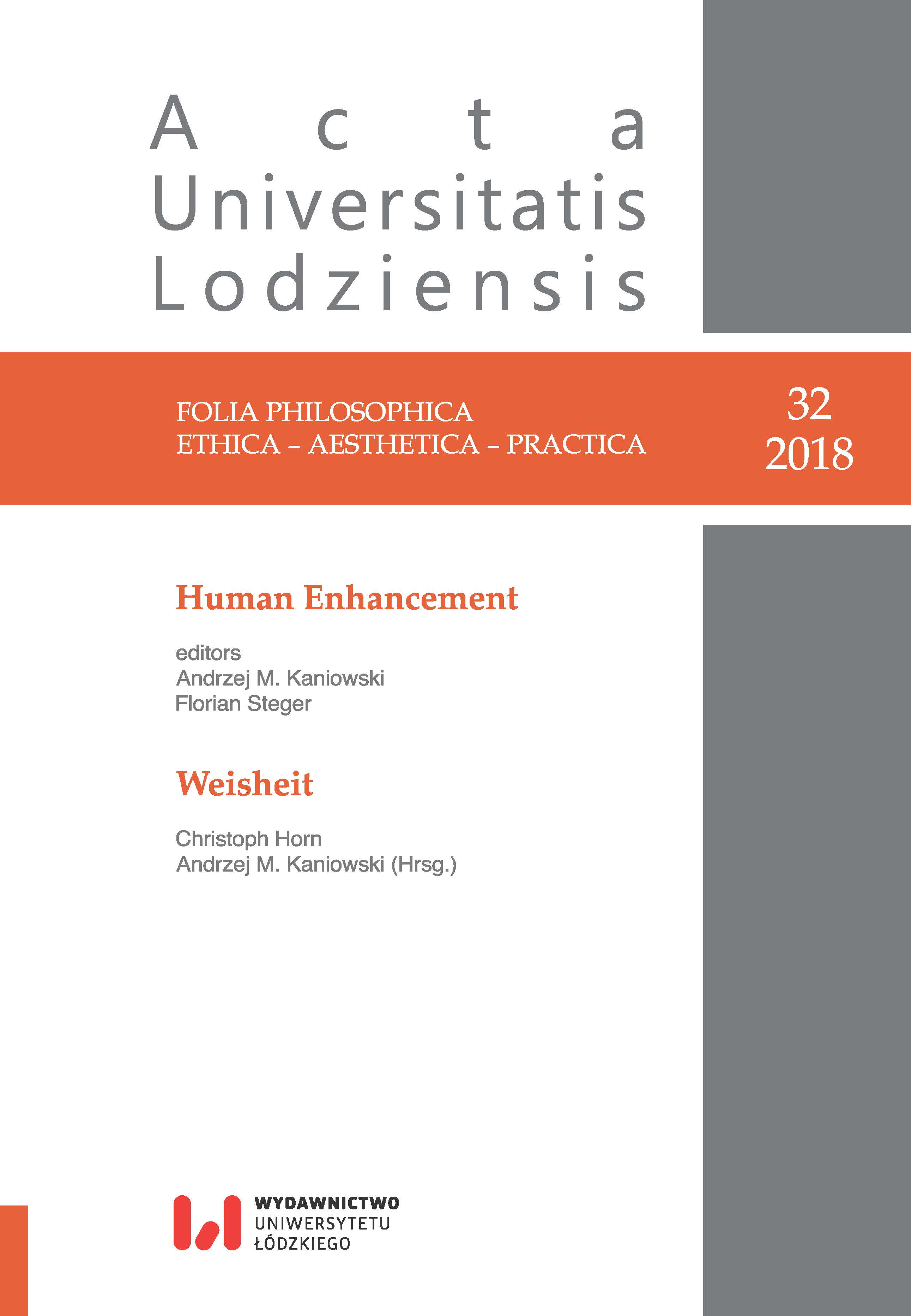
Kant characterizes wisdom as knowledge of the will of the highest good and appropriateness of the will to this good. He understands the highest good as a union of morality and happiness. Since these are not to be conceived upon the same lawfulness (Gesetzlichkeit), Kant thinks of the mediation of the postulates of immortality and of the existence of God. To determine, in a sufficient form, the idea of the highest good practically, i.e., as the maxim of our rational behavior, is for Kant the wisdom doctrine; in scientific reflection it is philosophy. Schelling agrees with that; for him, too, philosophy is the will of wisdom. Wisdom looks at the ultimate goal, the one which should actually come about. To know this and to make it the determining reason of the will is wisdom for Schelling.
More...
An increasingly complex and intransparent world makes for an increasing demand for trustworthy orientation. Thence the increasing demand for wisdom. What is wisdom? Wisdom primarily depends on the independence ascribed to a person or institution, but that does not imply that the notion of wisdom is amenable to an explicit definition. It is proposed to construct it as a cluster concept with cognitive, psychological and moral elements. The difference then becomes apparent between wisdom and lebensweisheit. The latter corresponds to prudence as understood by Epicurus and, in the same tradition, Schopenhauer, and lacks the moral elements essential to wisdom. In conclusion, the question is asked how far Schopenhauer, one of the most popular teachers of lebensweisheit in modern times, can be qualified as wise. This question is given a skeptical answer. Schopenhauer meets many, but not all conditions necessary for wisdom.
More...
In the face of growing de-objectification and depersonalization, which in the realm of knowledge have asserted themselves through the unconditional claim of science to objectivity, it is advisable to remember the old, and for the most part now forgotten, concept of wisdom, and its philosophical scope. This is here done using Schopenhauer as an example. In his philosophy, wisdom plays a central role, as a not only theoretical but also practical perfection of man. In order to grasp the essence of the wisdom so highly placed as accurately as possible, it is confronted in the essay, on the one hand, with Gadamer’s concept of hermeneutic experience and, on the other hand, with the concept of wisdom expressed in the ancient Greek saying “taught by suffering”. The investigation leads to the conclusion that the wisdom by Schopenhauer, although at first sight similar and in part even related to the two concepts of wisdom mentioned above, is however fundamentally different from them, since its purpose is not to instruct man about the insurmountable limits of his mortality and thereby assign to him his appointed place in life, but rather to lead him away from the will to live at all.
More...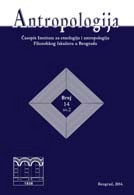
Review of: Pol Dž. Ford; Hester D. Mika (ur.), Kompjuteri i etika u sajber doba, Službeni glasni, Beograd, 2009.
More...